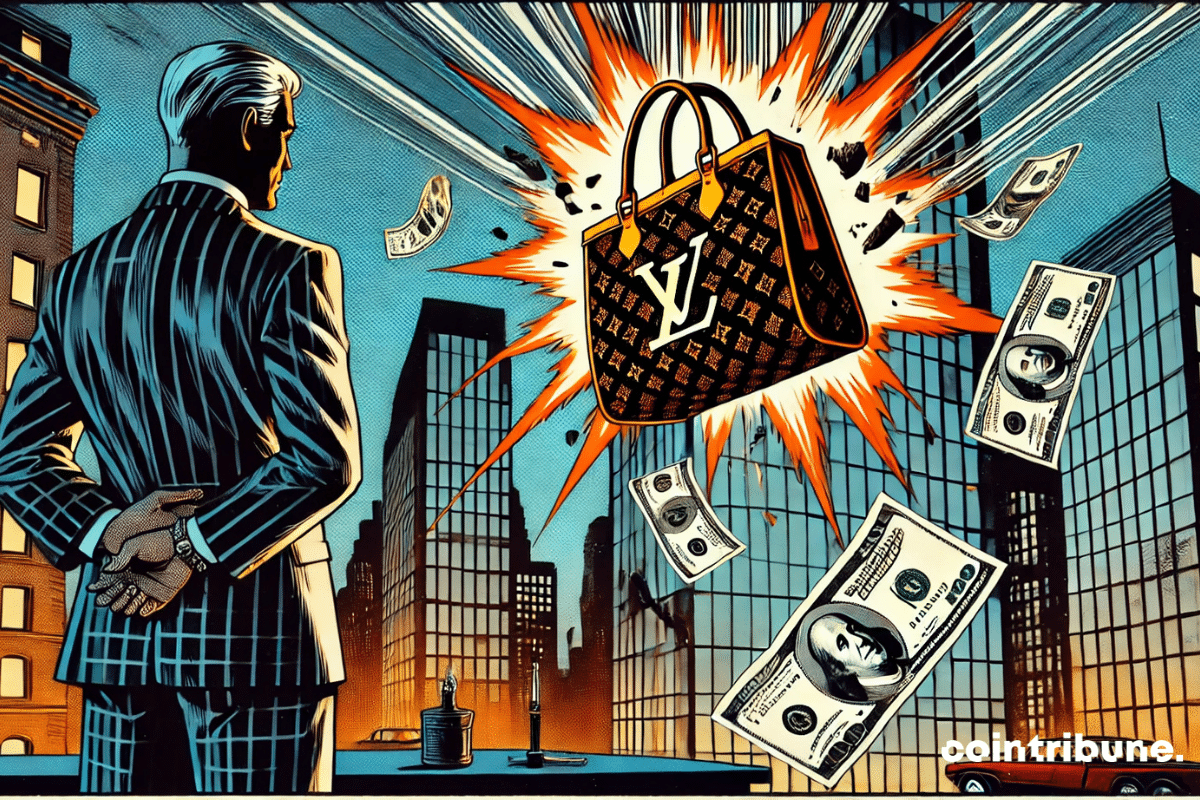Ferrari hits hard: an unprecedented crypto auction for its legendary 499P Hypercar, triple winner of Le Mans. Discover how the Ferrari 499P token, AI, and blockchain are transforming automotive luxury. A historic turning point not to be missed for tech and speed enthusiasts.
Luxury
A model employee? Rather an illusion. Behind her Excel files, Ho Kai Xin embezzled 5.7 million in crypto. The Singaporean justice system offers her a 10-year stay behind bars.
Bernard Arnault's fortune, the French luxury magnate and CEO of LVMH Moet Hennessy Louis Vuitton, took a heavy hit in 2024, losing $31.9 billion in a single year due to the drop in stock prices.
Blockchain, like a Swiss watch, measures the economy to the thousandth. Goodbye artistic blur, hello fractional wealth and disruptive promises.
In a global economic context marked by successive upheavals, few sectors manage to maintain enduring stability. Long perceived as an unsinkable fortress, luxury, the quintessential symbol of prosperity and exclusivity, also faltered in 2024. Indeed, the fortunes of emblematic figures such as Bernard Arnault, Françoise Bettencourt Meyers, and François Pinault suffered colossal losses amounting to over 70 billion dollars combined. Such a decline finds its origins in a set of closely related factors: a slowing Chinese economy, national political tensions, and increased volatility in stock markets. These combined elements have shaken the pillars of the sector, revealing an unexpected fragility.
In an already fragile global economic context, the Chinese slowdown acts as a shockwave for European companies in iconic sectors such as luxury and automotive. While these industries had grown accustomed to sustained growth driven by the appetite of the Chinese market, the signals from the third quarter paint a grim picture. Behind the numbers lies a faltering economic model, which raises deep uncertainties about the future of trade between Europe and China.





